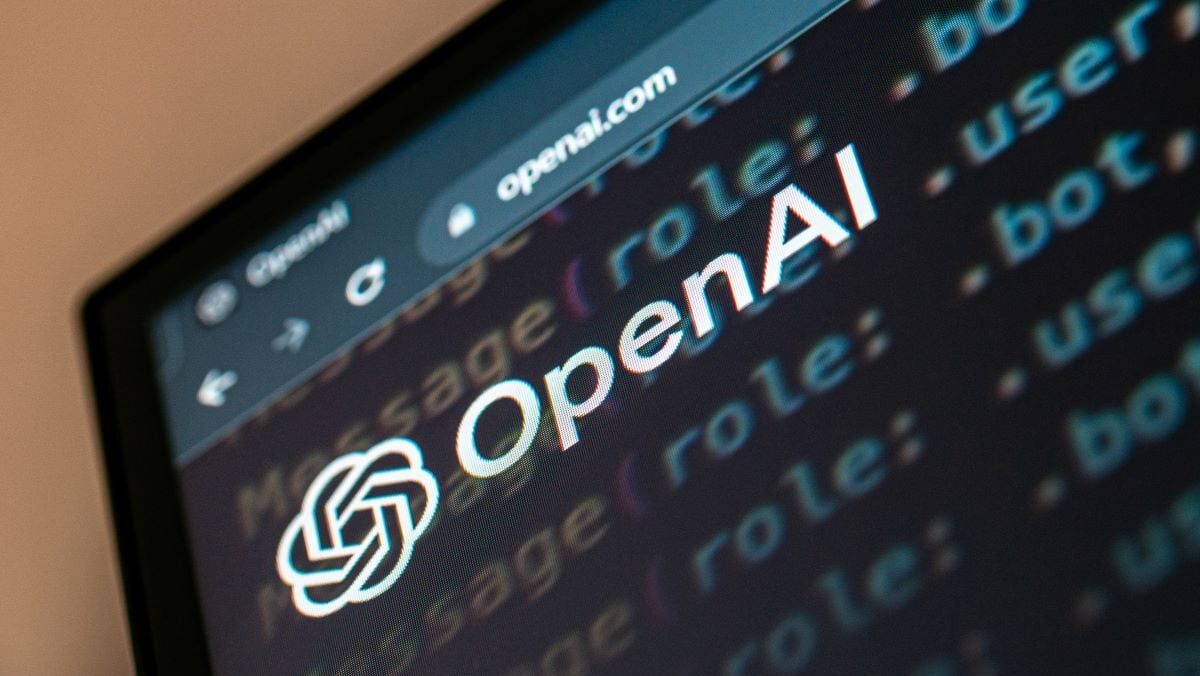Artificial Intelligence
ChatGPT creator announces major AI-as-a-service feature for newest model
OpenAI is releasing a new feature that will let corporate customers use their own company data to customise GPT-4o.

OpenAI is introducing a new feature that will enable corporate clients to utilize their own company data to personalize the artificial intelligence firm’s powerful model, GPT-4o.
This development comes in light of increasing competition faced by startups offering AI solutions for businesses, as well as the heightened pressure on enterprises to showcase the returns on their AI investments.
OpenAI is set to launch the customization capability, commonly referred to as fine-tuning in the AI sector, on Tuesday.
Fine-tuning involves training existing AI models with additional information pertaining to specific tasks or subject areas.
For instance, a company specializing in skateboards may fine-tune an AI model to function as a customer-service chatbot capable of addressing inquiries regarding wheels and skateboard maintenance.
This customization feature is a novel addition to the OpenAI flagship model, as fine-tuning was not previously supported on GPT-4o or its predecessor, GPT-4.
While many of OpenAI’s other models, such as the more cost-effective GPT-4o mini, have allowed users to fine-tune them, the company is venturing into enabling customization of its most robust model directly.
Various technology firms offer the option to tailor AI models of various scales.
OpenAI aims to streamline the process of adjusting its premier model for customers by facilitating direct collaboration with the company, rather than relying on external services or less potent alternatives, as mentioned by Olivier Godement, the head of product at OpenAI’s API.
Godement emphasized, “We’ve been extremely focused on lowering the bar, the friction, the amount of work it takes to get started.”
Customers looking to fine-tune a model are required to upload their data to OpenAI’s servers. The training process typically spans one to two hours, according to John Allard, an OpenAI software engineer specializing in customization.
Initially, users will be limited to fine-tuning the model with text-based data, as clarified by Allard, with other data formats like images not being supported at the outset.















